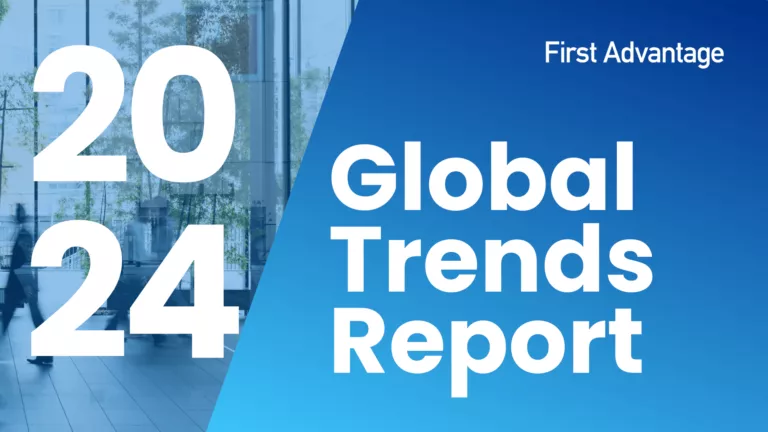The California Fair Employment and Housing Council (FEHC) finalized the “Consideration of Criminal History in Employment Decisions” Regulations. These regulations, which will impact employers, are scheduled to take effect on July 1, 2017.
The regulations outline items employers are currently prohibited from considering in employment decisions, irrespective of adverse impact, and provide information on employer’s additional criminal history limitations found in other California legislations.
Specifically the Regulations states:
(b) Criminal History Information Employers Are Prohibited from Seeking or Considering, Irrespective of Adverse Impact. Except if otherwise specifically permitted by law, employers are prohibited from considering the following types of criminal history, or seeking such history from the employee, applicant or a third party, when making employment decisions such as hiring, promotion, training, discipline, lay-off and termination:
(1) An arrest or detention that did not result in conviction (Labor Code section 432.7);
(2) Referral to or participation in a pretrial or post-trial diversion program (Id.);
(3) A conviction that has been judicially dismissed or ordered sealed, expunged or statutorily eradicated pursuant to law (e.g., juvenile offense records sealed pursuant to Welfare and Institutions Code section 389 and Penal Code sections 851.7 or 1203.45) (Id.);
(4) An arrest, detention, processing, diversion, supervision, adjudication, or court disposition that occurred while a person was subject to the process and jurisdiction of juvenile court law (Id.); and
(5) A non-felony conviction for possession of marijuana that is two or more years old (Labor Code section 432.8).
(c) Additional Criminal History Limitations, Irrespective of Adverse Impact.
(2) Employers may also be subject to local laws or city ordinances that provide additional limitations. For example, in addition to the criminal history outlined in subsection (b), San Francisco employers are prohibited from considering a conviction or any other determination or adjudication in the juvenile justice system; offenses other than a felony or misdemeanor, such as an infraction (other than driving record infractions if driving is more than a de minimis element of the job position); and convictions that are more than seven years old (unless the position being considered supervises minors, dependent adults, or persons 65 years or older) (Article 49, San Francisco Police Code).
(3) Employers that obtain investigative consumer reports such as background checks are also subject to the requirements of the Fair Credit Reporting Act (15 U.S.C. § 1681 et seq.) and the California Investigative Consumer Reporting Agencies Act (Civil Code section 1786 et seq.).
The regulations also contain a “ban the box” section:
(3) Regardless of whether an employer utilizes a bright line policy or conducts individualized assessments, before an employer may take an adverse action such as declining to hire, discharging, laying off, or declining to promote an adversely impacted individual based on conviction history obtained by a source other than the applicant or employee (e.g. through a credit report or internally generated research), the employer must give the impacted individual notice of the disqualifying conviction and a reasonable opportunity to present evidence that the information is factually inaccurate. If the applicant or employee establishes that the record is factually inaccurate, then that record cannot be considered in the employment decision.
It is important that California employers seek the advice of their legal counsel regarding their obligations under this legislation.

 京公网安备 11010502052956号
京公网安备 11010502052956号

